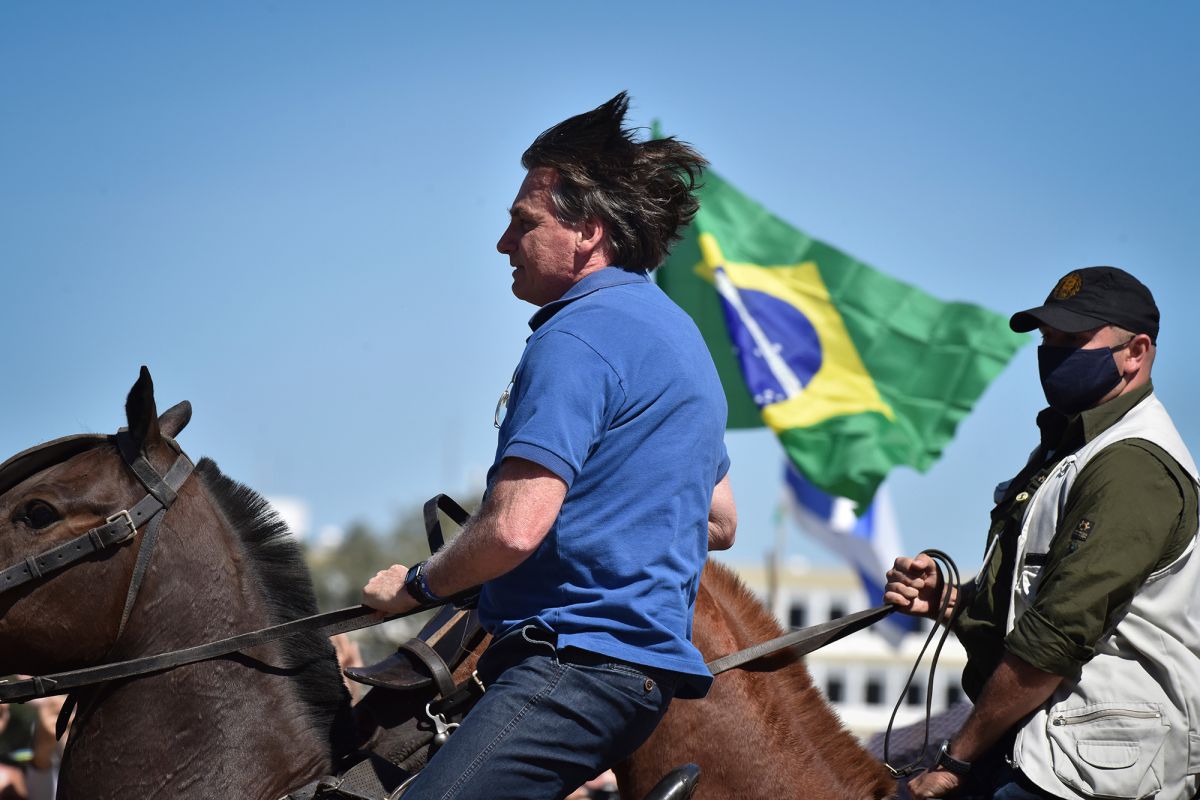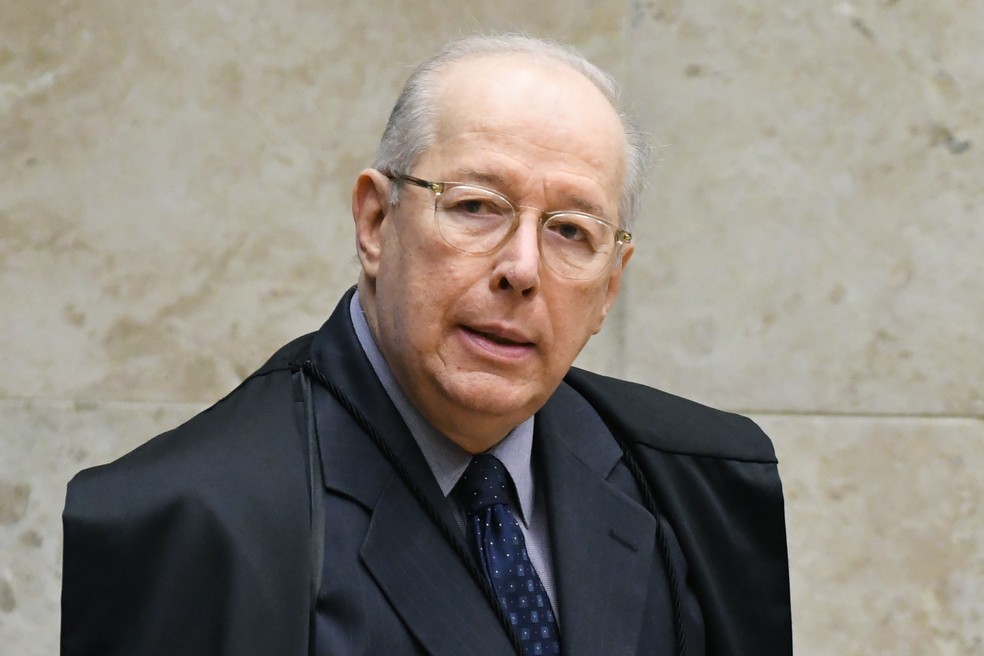RIBEIRÃO PRETO, BRAZIL – (Opinion) On Sunday, May 31st, saw Brazil’s President Bolsonaro engage in his weekly attempt to sabotage science, first by overcoptering a gathering in front of the Planalto Palace, and, after deplaning, shaking hands and chatting (maskless, of course) with his constant claque of sycophants.
What happened on Sunday, however, was different, because Bolsonaro added yet another embellishment to his putative persona as the defender of the truly righteous – he mounted a police horse, and led a cavalcade around the grounds, waving to those behind the temporary barriers.
Bolsonaro’s equine tactic is not just horsing around; it is not a mere hobbyhorse: rather, it is a purposeful action, taken with malice aforethought.

One definition of “the man on horseback” is “a military leader who presents himself as the savior of the country during a period of crisis and either assumes or threatens to assume dictatorial powers.”
The origin of the phrase was an eponymous 1943 novel by an otherwise little-noted French writer, Pierre Drieu de Rochelle: “L’homme à cheval”. It is set in 19th Century Bolivia and tells the story of a dictator who tries (but fails) to create an empire.
Brazil itself has a tradition of horseback warriors becoming President. Its first two Presidents after the Proclamation of the Republic in 1889 – Deodoro Fonseca and Floriano Peixoto – were Marechals, the highest rank in Imperial Brazil’s military. Almost all the statues commemorating their rule show them astride horses, in various equestrian poses.
Brazil’s final President during the military dictatorship was João Figueiredo, known for his love of horses and the cavalry. Before becoming president, he admitted he “preferred the smell of horses to the smell of the people.”
Jair Bolsonaro clearly prefers the smell of the people, whom he claims to represent, to the exclusion of other fundamental republican institutions such as Congress and the Supreme Court. In his challenge to any who do not believe he has absolute power to rule absolutely, he has unfortunately been inspired by Brazil’s 1988 Constitution.
The Constitution’s original framework was a parliamentary form of government, rather than a presidential form, because most members of the constituent assembly feared an overly powerful Executive Branch. Sadly, the final version retained several parliamentary institutions that are absent in presidential systems of government, because they weaken the separation of powers.

Foremost among these insidious invasive insertions is the Medida Provisória, or “Provisional Measure”, whereby the President can single-handedly proclaim a law that takes effect immediately, and that remains law until Congress approves or rejects it.
Such a rule-by-ukase provision was contained in Italy’s pre-Mussolini constitution and in Germany’s pre-Hitler Weimar constitution. In both countries, the men on horseback used the constitutional provisions as stirrups to mount and sit astride their steeds, as prime ministers.
Firmly in the saddle, both despots used their positions to aggrandize military power while reining in the legislative and judicial powers, removing any semblance of control over the executive branch.
Returning to this past Sunday, May 31st, it was notably different from prior Sundays, because on that day, Brazil’s longest-serving Supreme Court Justice, Celso de Mello, directed a diatribe at fanatics who “despise freedom and hate democracy”. Recalling George Orwell’s “1984”, he referred to the catchphrase “military intervention” as “Bolsonarist NEWSPEAK for the installation, in Brazil, of a despicable and abject dictatorship.”
Justice de Mello has reminded us of history we dare not forget. We must all hope that Brazil’s legislators, its judges, and yes, even its military, have also learned the lesson that a man on horseback is never to be trusted with the reins of power.

